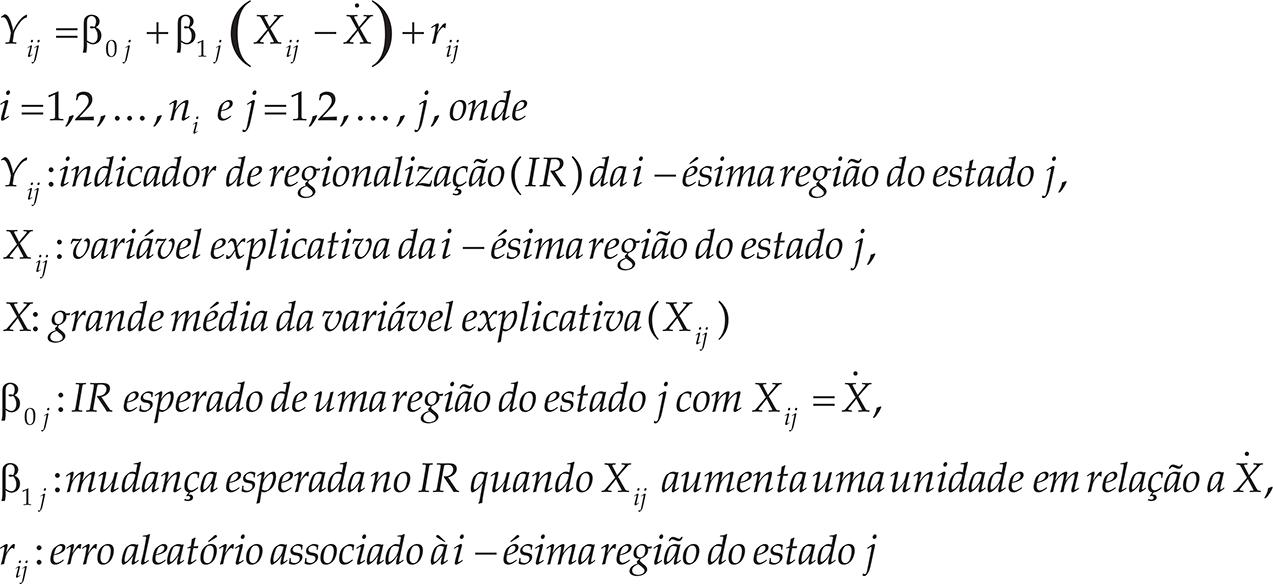ABSTRACT
This article compares the degree of implementation of healthcare regionalization in Brazil based on an in-depth study on a sample of states. The management of social policies in the federal context is considered to create a need for combining autonomy and cooperation among federated bodies, leading to the age-old challenge of collective action. Although the nationally-defined institutional regulations favor cooperation, they are unable to account for the variations between the federal units. To interpret these differences, a regression model was built identifying explanatory factors across two levels, with structural factors considered on a municipal level (resources that affect the ability to provide healthcare services) and the role played by the state as a coordinator or facilitator of cooperation on a second level. Both structural factors and the role played on a state level exert important effects on regionalization, with federal incentives unable to guarantee complete adhesion by federal bodies, nor the elimination of structural obstacles.
regionalization; health; federalism; cooperation; coordination


